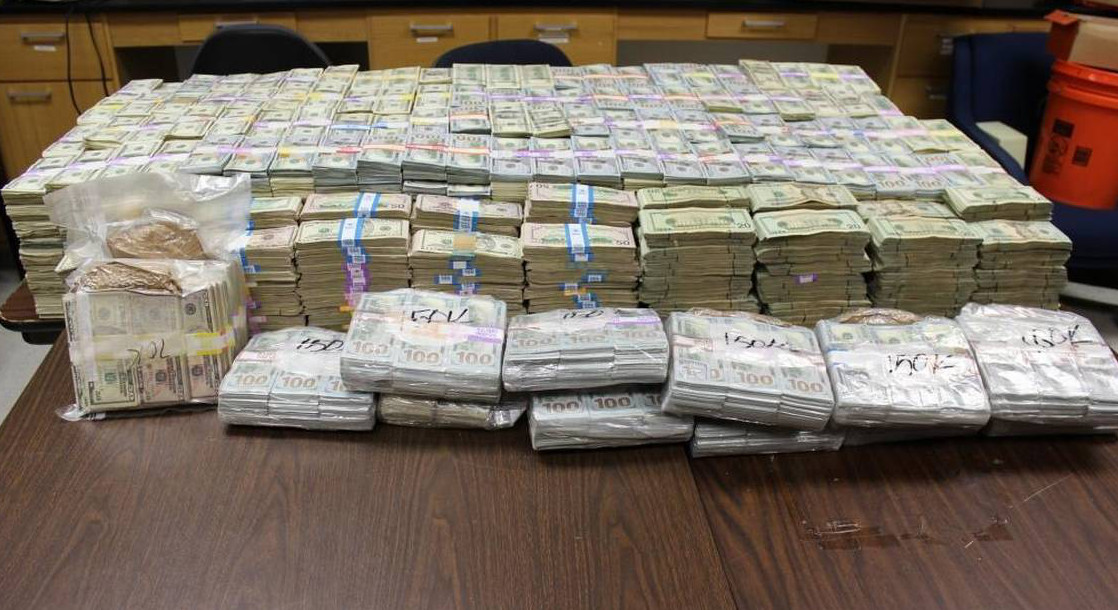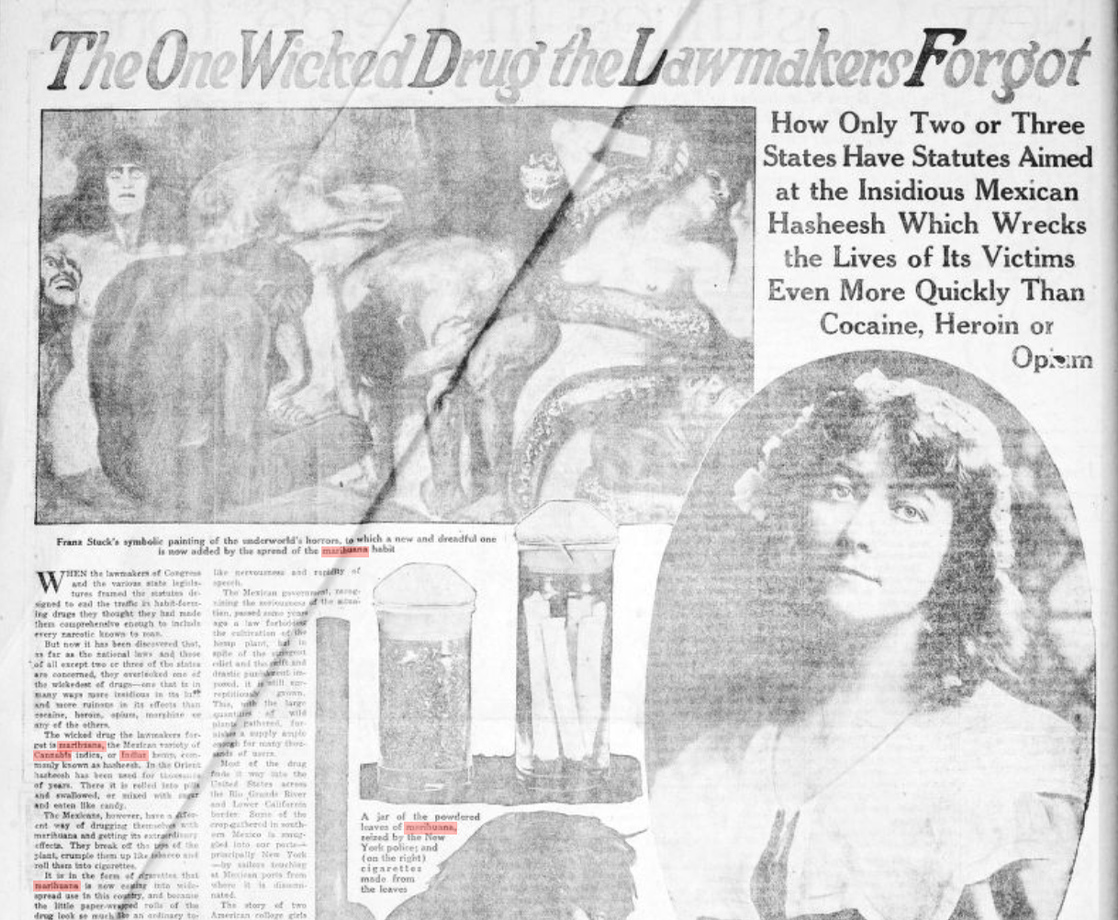A new report by the Inspector General of the Justice Department has revealed that the Drug Enforcement Agency has taken billions of dollars in cash from people who have not been charged with any crime.
Since 2007, the agency has seized over $4 billion in cash from individuals that they suspect are involved in the drug trade. But over 80% of this cash, $3.2 billion in total, was seized from individuals who were never charged with committing any crime, and no judicial review of these cash seizures has ever occurred.
The practice of civil asset forfeiture allows law enforcement agencies, including the DEA as well as state and local police, to take cash, contraband, and property from anyone suspected of a crime. However, law enforcement do not have to prove that the individual committed a crime to take their money or property. Individuals can fight the forfeiture in court, but at their own legal expense. Unlike a criminal trial, a victim of forfeiture is presumed guilty, and must prove their innocence in court.
The DEA is not the only branch of the Justice Department that employs civil asset forfeiture. The DoJ as a whole has seized over $28 billion in assets in the past decade. In 2014 alone, the feds took $5 billion in cash and property from Americans – more than was stolen by every burglar in the country the same year.
The Inspector General's report found that the DoJ "does not collect or evaluate the data necessary to know whether its seizures and forfeitures are effective, or the extent to which seizures present potential risks to civil liberties." These revelations raise "serious concerns that maybe (the) real purpose here is not to fight crime, but to seize and forfeit property," said Darpana Sheth, senior attorney of the Institute for Justice, a civil liberties law form that has fought for forfeiture reform.











